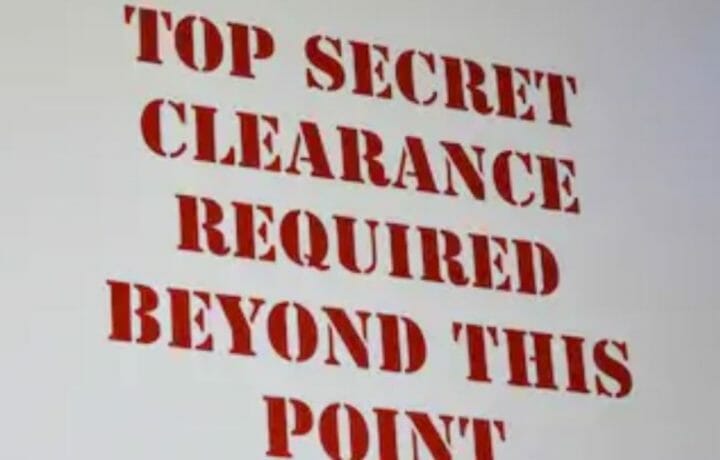One of the most controversial aspects of the security clearance process – for those who require them – are polygraph examinations. But a study commissioned by the Department of Defense in 2011 offered rare insight into polygraph procedures, and found that the polygraph program “both quantitatively and qualitatively contributes to better personnel security.”
The “For Official Use Only” report was obtained by McClatchy news as a part of its series on polygraph testing at the National Reconnaissance Office, and published in its entirety at Secrecy News. The 42-page document provides rarely disclosed analytics on polygraph numbers, revealing that the number of polygraphs conducted by the Department of Defense alone has more than doubled in the past decade, to over 43,000.
Only a fraction of those polygraphs reveal derogatory information – just 3,903 admissions of misconduct were noted. Many of those instances are an individual disclosing an event or security violation that had not previously been indicated in an SF-86 or to a security officer.
The DoD polygraph report is almost profuse in its support for polygraph procedures and administration, in sharp contrast to the McClatchy series which unearthed it, where clearance procedures at the National Reconnaissance Office were questioned, and polygraph administrators were accused of both bullying subjects, asking erroneous questions and failing to report instances of crimes disclosed during examinations.
The report noted the effectiveness of the polygraph examination in rooting out otherwise unmentioned reportable offenses, a topic addressed by ClearanceJobs.com in the past. For individuals who carefully fill out their SF-86, a polygraph examination, while stressful, is not likely to result in any surprises The DoD report noted that a 2004 PERSEREC study found that 38 percent of subjects failed to indicate reportable offenses on their SF-86, however. The polygraph examination is a key tool for the intelligence community to root out those undisclosed incidents.
In the wake of a series of high-profiles leaks, legislation proposed by the Senate Intelligence Committee would ask the Director of National Intelligence to consider expanding polygraph testing, specifically to personnel in the executive branch. In another response to recently leaks, DNI Director James Clapper announced in June that polygraph procedures would now include asking individuals if they have ever disclosed restricted information.
Even in the midst of controversy polygraph examinations aren’t going anywhere. Intelligence agencies, including the National Security Agency and DNI, remain some of the strongest advocates for both random and routine polygraph examinations, citing them as the most effective tool for rooting out previously undisclosed offenses and violations. In the meantime, honesty remains the best policy for cleared professionals. Whether it’s an SF-86 or an update to a facility security officer, ensure all relevant information is disclosed up front.



